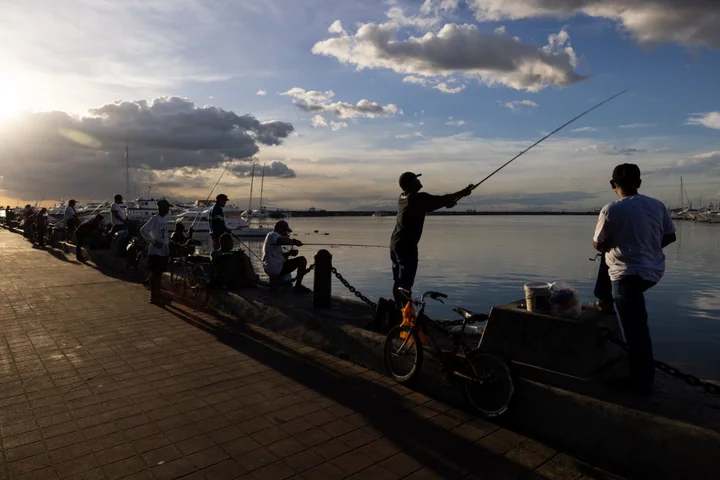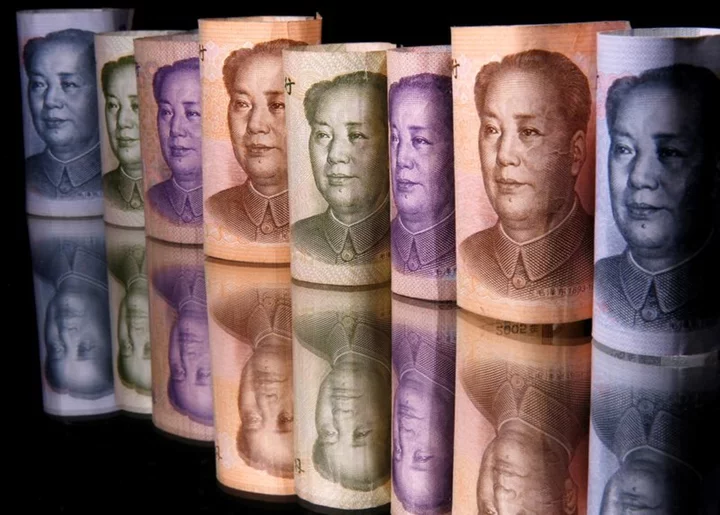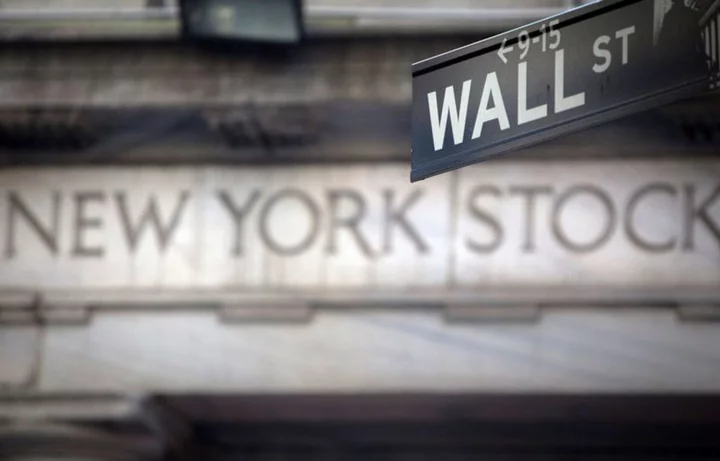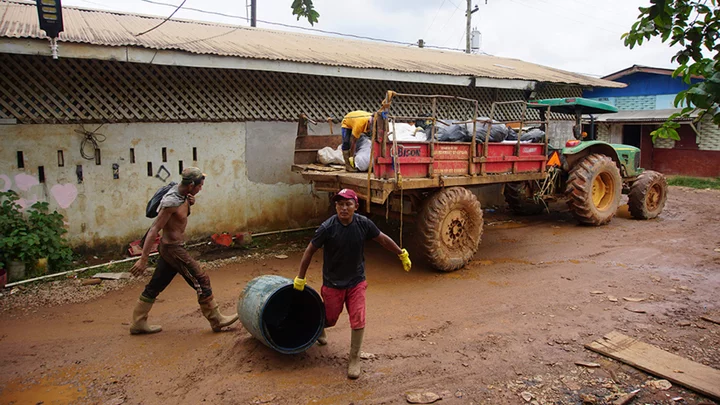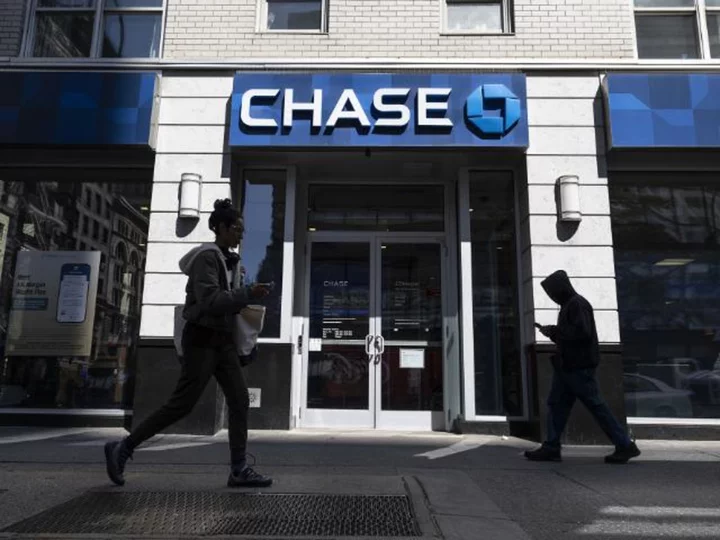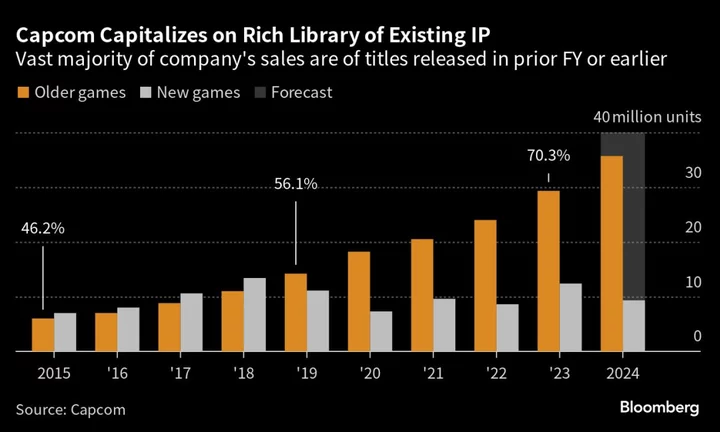The Philippine central bank isn’t ruling out a 25-basis-point interest rate hike next month as upside risks to inflation have materialized, according to central bank Governor Eli Remolona.
“One thing we were worried about was transport fare hikes, and that has happened. So I wouldn’t say that we’re done with tightening,” Remolona told reporters at a briefing in Manila on Wednesday. “I would say it’s a serious concern whether supply side shocks will have lasting impact.”
The Bangko Sentral ng Pilipinas chief’s comments come days after September data showed inflation accelerated to a four-month high at 6.1%, surpassing all economist estimates in a Bloomberg survey. It was driven by the fastest gain in rice prices in 14 years. Manila shortly after implemented a temporary increase in jeepney fares from Oct. 8.
Even before the Israel-Hamas war broke and added upside risk to oil prices, Remolona already signaled readiness to resume monetary tightening on or before the Nov. 16 meeting should transport and power costs add to price pressures. He said the central bank is monitoring developments in the Middle East.
The BSP has held its policy rate steady at a 16-year high of 6.25% for the past four meetings.
Still, a hike isn’t a given as the governor has to contend with pushback from President Ferdinand Marcos Jr.’s economic managers, including from Finance Secretary Benjamin Diokno who sits in the BSP’s monetary board.
The central bank had done enough after 425 basis points of rate hikes, Diokno said on Friday, a few hours after Arsenio Balisacan, also of the economic team, warned against the long-term impact of further rate increases after growth slowed in the second quarter.
Remolona said the central bank is also watching the elevated debt levels at Philippine companies, adding that “there’s some risk that some of them will not be able pay off their loans.”
“But so far, it’s very manageable. We are also making sure that should there be need for emergency liquidity by banks that we will be in a position to provide the emergency liquidity, although we don’t see any need (for that) at the moment,” he said.
Former BSP Governor Felipe Medalla said in June that the central bank was planning to require the nation’s largest business groups to disclose their foreign-debt levels due to concern their exposure may be bigger than currently estimated.
--With assistance from Ditas Lopez and Cecilia Yap.

